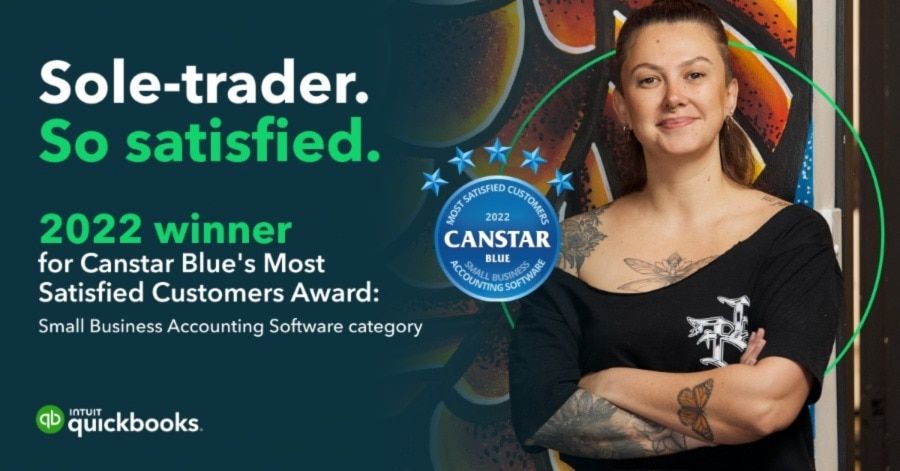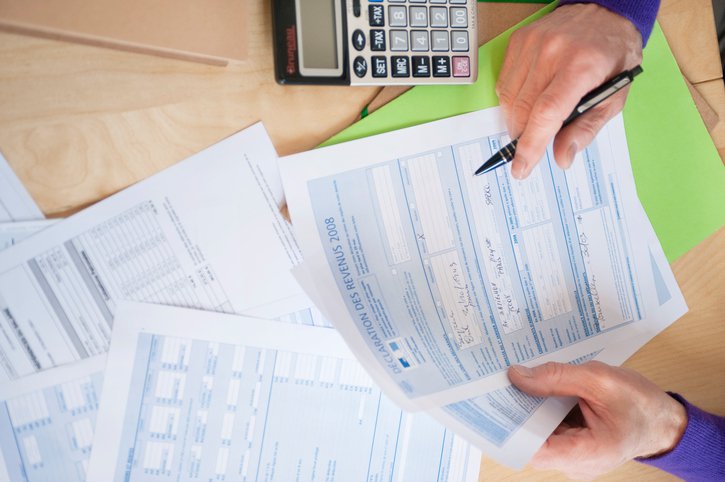So, you have a spare room or vacant property, but don’t want a long-term tenant? Property sharing platforms such as Airbnb and Stayz allow you to provide short-term lodging to travellers, and earn a bit of extra income. But is this income taxable? And if so, what does it mean for hosts come tax time? Let’s break it down.

An Airbnb hosts guide to tax
What income do you have to declare?
If you are renting out all or part of your home, the payments you receive from guests are assessable income. This means you have to declare it in your tax return. It’s a good idea to keep detailed records throughout the year of both what you earn for renting out your property and any expenses you incur, so it’s less of a headache at tax time. Cloud-based accounting tools, like QuickBooks Self-Employed, connect to your bank account from your mobile and separate your personal from your business expenses.
Do I need to pay goods and services tax (GST) or capital gains tax?
You don’t have to charge, or pay, GST on residential rent you earn from property sharing, but this also means you can’t claim GST credits for associated costs. Be aware, too, that because your main residence is a personal asset, it is usually exempt from Capital Gains Tax (CGT). This could change if you list a portion of it for rent on a sharing platform, like Airbnb. This means that when you decide to sell the property, you could lose all, or part of, your CGT main residence exemption. Calculate which portion of your property is exempt from CGT with the Australian Taxation Office’s (ATO) capital gains tax property exemption tool.
What are my claimable rental expenses?
The types of expenses you can claim for renting out a portion of your home are the same as when you have a traditional rental property. These include:
- 100% of fees or commission charged by the platform facilitator or administrator
- Council rates
- Interest on any loans you have for the property
- Electricity and gas consumption
- Property insurance
- Ongoing cleaning and maintenance costs
How much you can claim depends on:
- The proportion of the year you rent the property out
- What portion the rental space covers in regards to the total property
- Whether you use the space for personal use when it is not rented out
If you are renting out an investment property that you don’t personally use, then you can claim 100% of its expenses. If it’s a holiday home that you use occasionally, you claim expenses based on the proportion of the year it’s occupied or listed as available for rent. It’s important to remember that if you don’t own the property, you must get written consent from your landlord before you list any portion of it for rent on a sharing platform.
What if I only rent out part of my home?
As a rule, if you’re not renting out your entire property – just a single room, for example – you can only claim expenses relating to that room. The ATO advises that the best way to do this is to apportion expenses on a floor-area basis, based on the area solely occupied by a paying guest, and to add a reasonable amount of space based on giving them access to common areas. You can only claim expenses relating to the rented portion of the property when it is being used by a tenant or customer, not for the time it is vacant or, for instance, when you’re using it for storage.
How do I lodge my income tax return?
When you’re ready to lodge your tax return, contact your registered tax agent or consult a ProAdvisor for expert assistance. You can also lodge your own tax return online using the ATO’s MyTax platform.
Can I pay my tax in instalments?
If you are earning more than $4,000 per year in residential rent, you can opt to use the pay-as-you-go (PAYG) income tax instalment system. This lets you pay instalments every three months, to prevent any nasty surprises at the end of the financial year. Don’t worry if you pay too much or too little during the year – you’ll either get a windfall at the end, or a reduced bill for the shortfall.
Being an Airbnb or Stayz host or on one of the many property sharing platforms is a great way to supplement your existing income and benefit from some property-related tax deductions. With the help of cloud-based accounting systems, like QuickBooks Self-Employed, to keep track of your expenses and income, you’ll be fully aware of your obligations at the end of the financial year.
Read more articles on preparing for tax time here.
Related Articles
Looking for something else?
Stay up-to-date with the latest small business insights and trends!
Sign up for our quarterly newsletter and receive educational and interesting content straight to your inbox.
Want more? Visit our tools and templates!















